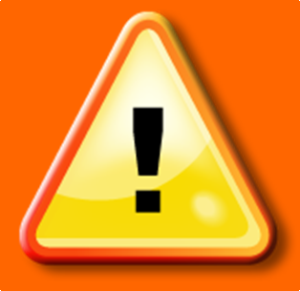 This week, NOOK Press announced it would begin “publishing” print books.
This week, NOOK Press announced it would begin “publishing” print books.
There’s a reason why I put “publishing” in scare quotes. For indies, the news isn’t as big as one might think at first glance.
First, the good news: NOOK Press will indeed turn out a print book for you, in a variety of trim sizes and cover types – including hardback, which CreateSpace doesn’t offer.
NOOK Press also provides a handy-dandy formatting guide, which looked pretty comprehensive to me when I skimmed it: covering everything from headers and pagination, to what the heck front matter and back matter are, to how to size the spine. And it actually appears to be written in English, not typeset-ese, which I thought was a problem when I originally looked at Lulu’s directions.
Now, the bad news. And there’s a lot of it. Continue reading “NOOK Press for Print Books”

 “I need to terminate contracts with my publisher,” an acquaintance recently said. “I never get a statement and I haven’t been paid.”
“I need to terminate contracts with my publisher,” an acquaintance recently said. “I never get a statement and I haven’t been paid.”
 Sooner or later any writer on the web (especially on Linked In) will run into mega-spammer Paradon Books (a revolution in publishing they will tell you) or Indie Writers Support. They exist, they say, only to help you get to be a star. But there are a few problems… like they don’t seem to actually exist.
Sooner or later any writer on the web (especially on Linked In) will run into mega-spammer Paradon Books (a revolution in publishing they will tell you) or Indie Writers Support. They exist, they say, only to help you get to be a star. But there are a few problems… like they don’t seem to actually exist.